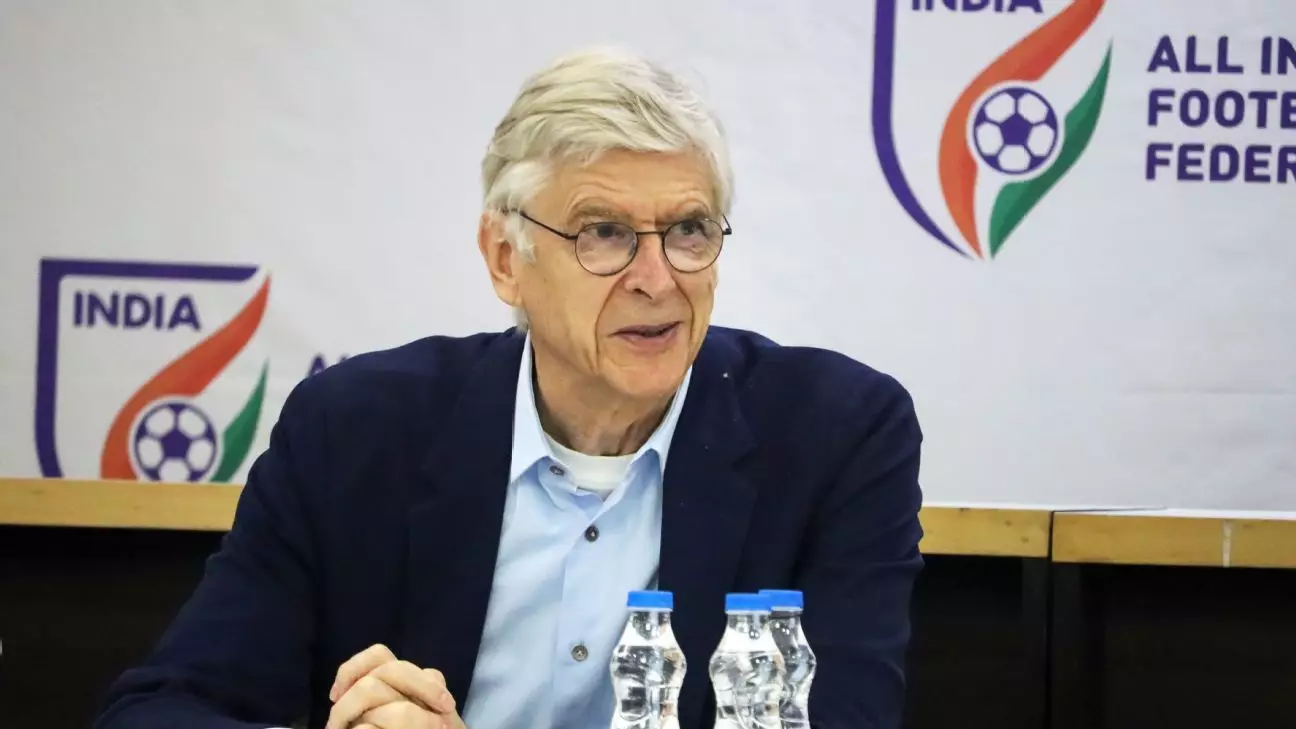In the fast-paced world of professional football, the relentless demands of the game have come under increasing scrutiny. FIFA is stepping up to address critical issues related to player welfare, spearheading discussions led by Arsène Wenger.
The football calendar has become laden with an overwhelming number of fixtures, challenging the physical and mental resilience of athletes. With the rigors of domestic leagues, international duties, and continental competitions, fatigue has become a common adversary for elite players. The proposed discussions aim to confront this reality head-on by examining the feasibility of reducing match frequency and instituting mandated off-season breaks. This initiative resonates with players, many of whom have expressed concerns over their well-being amid a congested schedule that often leaves little room for recovery.
FIFA’s announcement highlights the formation of a task force consisting of a diverse array of stakeholders, including representatives from the global players’ union, FIFPRO, club officials, domestic leagues, and national federations. This collaborative approach is a significant shift from previous efforts; it signals a willingness to engage multiple parties in the conversation about player health and safety. The previous stakeholder committee, which was disbanded in 2021, had limited influence, leaving many voices unheard.
The new task force is not just a token gesture but aims to explore comprehensive strategies from operational, medical, regulatory, and legal angles. While FIFA has not provided a definitive timeline for these discussions, the inclusion of various stakeholders suggests a more forthright commitment to addressing past grievances regarding the organization’s handling of player welfare concerns.
FIFA finds itself in a precarious situation, grappling with mounting legal pressures that demand a more responsive approach to stakeholder concerns. Recent actions, such as a formal complaint lodged with the European Commission, have spotlighted the implications of FIFA’s decision-making processes. Critics have argued that the expansion of men’s competitions has exacerbated workload issues, igniting discussions about players potentially taking drastic steps, including strikes, to fight for their rights.
This creates a crucial challenge for FIFA: how to balance commercial interests with the imperative of safeguarding players’ health. The task force, by leveraging the latest scientific research on physical and mental well-being, is poised to develop data-driven recommendations that align with players’ needs.
FIFA’s collaboration with the World Health Organization signals a proactive stance on health issues, notably around managing head injuries. This partnership exemplifies a broader commitment to not only address fatigue but also ensure that player safety is at the forefront of the sport’s evolution. Wenger’s tenure as head of global soccer development offers a unique perspective, blending his extensive experience in football with a keen understanding of the challenges players face.
Ultimately, if FIFA is to enact meaningful change, it will need to prioritize player welfare genuinely. The looming discussions might represent a turning point, but they must yield actionable strategies that lead to substantial improvements in the football experience for athletes worldwide. As the dialogue progresses, stakeholders must capitalize on this moment to effect systemic change that aligns the interests of the sport with the welfare of those who embody it.
